Music Theory – Educator
Original price was: $300.00.$41.00Current price is: $41.00.
Music Theory – Educator Download. Music education is a field of practice, in which educators are trained for careers as elementary or secondary music teach…
🎓 Learn and Grow with Music Theory – Educator - Original price was: $300.00.$41.00Current price is: $41.00.
Discover your true potential with the Music Theory – Educator - Original price was: $300.00.$41.00Current price is: $41.00. course. Tailored for individuals at every skill level, this in-depth online program equips you with essential tools and proven strategies to excel in both your personal and professional endeavors.
Salepage link: At HERE. Archive: http://archive.is/Uo7MA
Music education is a field of practice, in which educators are trained for careers as elementary or secondary music teachers, school or music conservatory ensemble directors. As well, music education is a research area in which scholars do original research on ways of teaching and learning music. Music education scholars publish their findings in peer-reviewed journals, and teach undergraduate and graduate education students at university education or music schools, who are training to become music teachers.
Music education touches on all learning domains, including the psychomotor domain (the development of skills), the cognitive domain (the acquisition of knowledge), and, in particular and the affective domain (the learner’s willingness to receive, internalize, and share what is learned), including music appreciation and sensitivity. Many music education curriculums incorporate the usage of mathematical skills as well fluid usage and understanding of a secondary language or culture. The consistency of practicing these skills has been shown to benefit students in a multitude of other academic areas as well as improving performance on standardized tests such as the ACT and SAT. Music training from preschool through post-secondary education is common because involvement with music is considered a fundamental component of human culture and behavior. Cultures from around the world have different approaches to music education, largely due to the varying histories and politics. Studies show that teaching music from other cultures can help students perceive unfamiliar sounds more comfortably, and they also show that musical preference is related to the language spoken by the listener and the other sounds they are exposed to within their own culture.
During the 20th century, many distinctive approaches were developed or further refined for the teaching of music, some of which have had widespread impact. The Dalcroze method (eurhythmics) was developed in the early 20th century by Swiss musician and educator Émile Jaques-Dalcroze. The Kodály Method emphasizes the benefits of physical instruction and response to music. The Orff Schulwerk approach to music education leads students to develop their music abilities in a way that parallels the development of western music.
The Suzuki method creates the same environment for learning music that a person has for learning their native language. Gordon Music Learning Theory provides the music teacher with a method for teaching musicianship through audiation, Gordon’s term for hearing music in the mind with understanding. Conversational Solfège immerses students in the musical literature of their own culture, in this case American. The Carabo-Cone Method involves using props, costumes, and toys for children to learn basic musical concepts of staff, note duration, and the piano keyboard. The concrete environment of the specially planned classroom allows the child to learn the fundamentals of music by exploring through touch.[1] The MMCP (Manhattanville Music Curriculum Project) aims to shape attitudes, helping students see music as personal, current, and evolving. Popular music pedagogy is the systematic teaching and learning of rock music and other forms of popular music both inside and outside formal classroom settings. Some have suggested that certain musical activities can help to improve breath, body and voice control of a child.[2]
📚 Why Choose the Music Theory – Educator - Original price was: $300.00.$41.00Current price is: $41.00. Course?
The Music Theory – Educator - Original price was: $300.00.$41.00Current price is: $41.00. course is more than just an online program—it's a transformative learning experience designed to help you reach new heights. Here's why learners from around the world trust WSOLib:
- ✅ Comprehensive and easy-to-follow course content.
- ✅ Practical techniques that you can apply immediately.
- ✅ Lifetime access to all course materials.
- ✅ Learn at your own pace, from anywhere in the world.
- ✅ No hidden fees—one-time payment with full access.
💻 What’s Included in the Music Theory – Educator - Original price was: $300.00.$41.00Current price is: $41.00. Course?
This course comes with:
- 🎥 High-quality video lessons that guide you step-by-step.
- 📄 Downloadable resources and course materials.
- 🧩 Interactive exercises to enhance your learning experience.
- 📧 Access to customer support for any assistance you need.
User Reviews
Only logged in customers who have purchased this product may leave a review.

Original price was: $300.00.$41.00Current price is: $41.00.

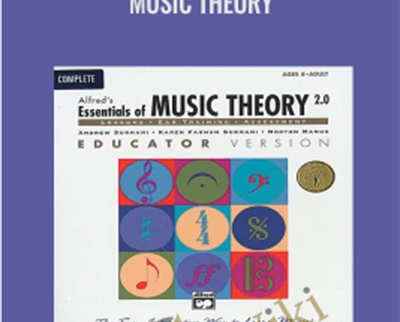
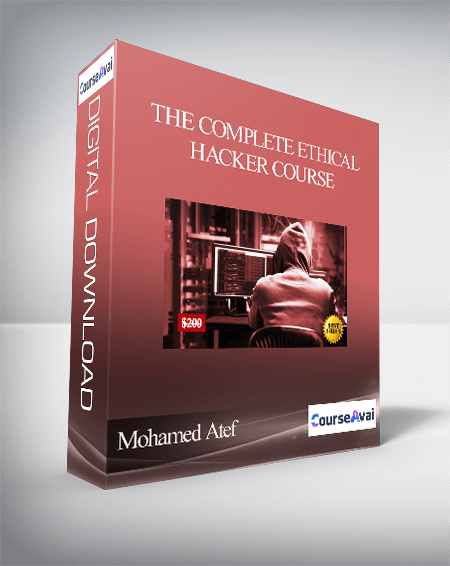


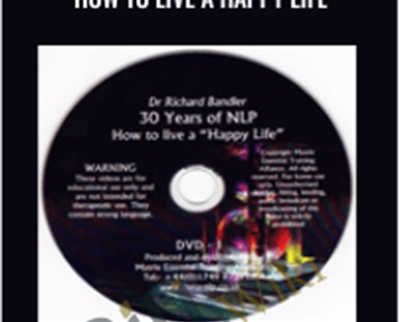
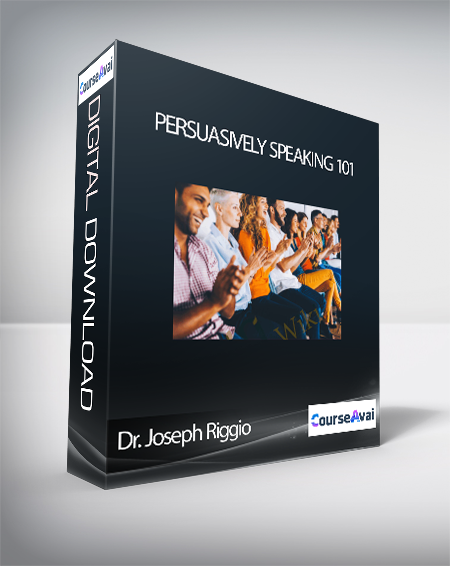
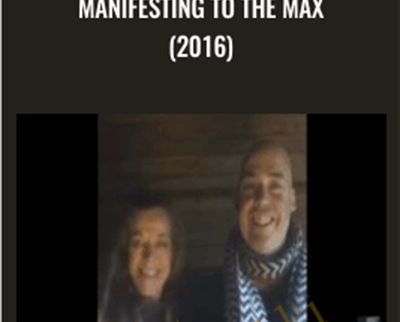
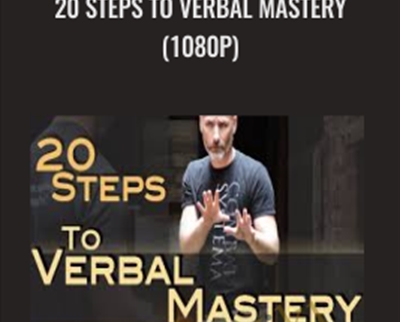

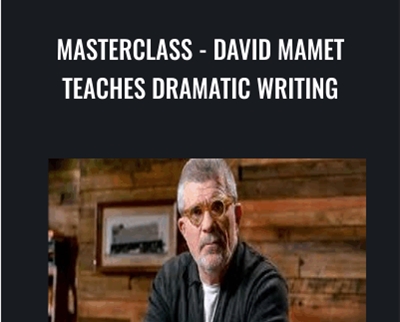

There are no reviews yet.